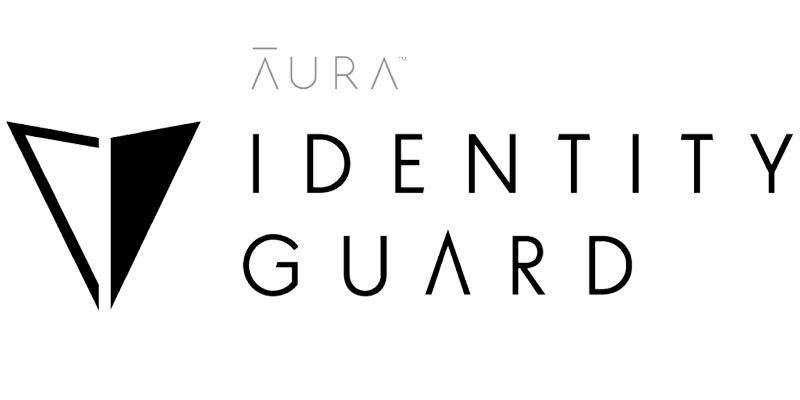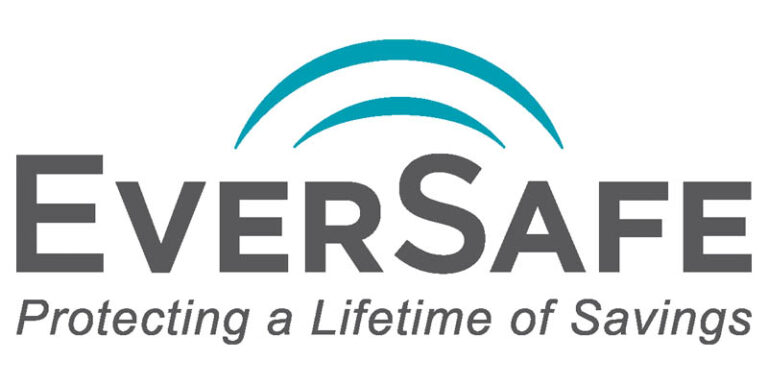How to Prevent Identity Theft
Updated:
Retirement Living takes an unbiased approach to our reviews. We may earn money when you click a partner link. Learn More

Identity theft cases are growing at a rapid pace and can cause significant problems in your life. If you become a victim of identity theft, you may face some financial challenges, have issues getting credit, and waste time requesting new credit cards and documents. One of the best ways to prevent this hassle is to do what you can to prevent identity theft. Here are some strategies you can implement to reduce your risk of identity theft.
Great for cybersecurity support
Aura Identity Theft Protection
- Plans can include members of different households
- Investment account monitoring
Freeze Your Credit: After the Equifax breach, many consumers became aware they could freeze their credit to prevent new credit inquiries from going through. If you want to protect your credit and don’t plan on making a big purchase in the immediate future, it makes sense to freeze your credit with each of the three credit bureaus (Equifax, Experian, and TransUnion). Just remember, you’ll need to take extra steps to “unfreeze” your credit before buying a car, applying for a credit card, or getting a mortgage.
Turn on Smartphone Security Features: Most smartphone users access personal or financial information on their mobile devices, whether they use a banking app or just their email. For this reason, it is important to turn on your smartphone’s security features to make it more difficult for unauthorized users to access the data on your phone. This includes turning on your phone’s fingerprint and facial recognition scanner and using passcodes.
Check Credit Reports Yearly: You are entitled to check your credit report for free from each of the credit bureaus each year. You can review the information on your credit report to look for inaccuracies that might be reflected on your credit. This helps you detect identity theft early and prevent surprises when it comes time to make a big purchase.
Use Stronger Digital Passwords: Another security measure you can take to protect your online data is to use stronger digital passwords. This makes it more difficult for hackers to access your personal and financial information. Most new technology and new smartphones give you the option to use a random password generator to create a password that’s all but impossible to guess. If you choose not to use this feature, a password with six to eight or more characters with a combination of upper and lowercase letters, symbols and numbers are the safest passwords. It is always worth changing your password regularly to keep it more secure.
Dos and Don’ts of Password Creation- Do
- DO change your password regularly
- DO pick a password you’ll remember so you don’t have to write it down
- DO mix upper and lowercase letters
- DO use special characters like #, $, %, @
- DO use a password manager for securely remembering complicated passwords
- Don’t
- DON’T include all or parts of your first or last name or username
- DON’T use your favorite sport as your password. “Football” and “Baseball” are in the top 10 worst passwords list
- DON’T use obvious choices like nicknames, birthdays, spouse name, pet’s name
- DON’T share your password with anyone
- DON’T use alphabet sequences (defghijk) or numerical sequences (789101112)
Pro Tip: Pick a line or two of your favorite song and use the first letter of each word in the line to create your password. For example, “Help me, Rhonda, get her out of my heart” would be “HmRGhooMH”.
Download Firewalls and Antivirus Software:
A lot of personal information is stored on your computer in the form of PDF documents, scanned receipts, saved login information and more. To protect your data and prevent identity theft, downloading a firewall and antivirus program is a common-sense way to manage your online presence. Just make sure to keep your software up-to-date to protect your computer against vulnerabilities that pop up.
Hold Your Mail at the Post Office During Vacations: Criminals can use your mail to learn more about you and steal your identity. Credit card statements list account information. Birthday cards give away your birthday and your address. If you plan to go away on vacation, even for just a few days, you can have the Post Office hold your mail, so it doesn’t accumulate unattended for a long time in your mailbox. Plus, having a bunch of mail overflowing from your mailbox is a great way of letting burglars know you’re not home.
Buy a Safe: Many people keep their important financial paperwork in filing cabinets at home that can be easily accessed. However, this does little to protect your social security number, birth date, car titles, mortgage documents and other key information about you that can be used to steal your identity. Putting confidential information in a safe is a smarter move than putting it in the filing cabinet. Many safes are even fireproof and bolt down into the foundation of your home.
Avoid Giving Out Personal Information: If someone calls you claiming to be an employee of your bank, health insurance company, or from anywhere that you don’t recognize, be cautious. Avoid giving out personal information to anyone, especially over the phone. People can sound convincing and know how to make you feel comfortable to give your financial information to them. Instead, call the institution directly from the number you already have in your contact list to verify the validity of the call and ensure that it is safe to give them your information. Once they have your information, you can’t take it back.
Invest in a Shredder: A shredder is an easy and effective way to ensure your personal information won’t be stolen. As you go through your mail, toss documents you don’t need into the shredder to eliminate the paper trail. Choose to opt out of preselected credit card offers to reduce the number of mail items you need to shred.
Compare Top Identity Theft Protection Companies
Bottom Line
You can reduce your risk of identity theft by using these strategies. However, even with the best prevention strategies, it’s possible to still be the victim of identity theft. If you notice something irregular on your credit report or on your credit card statement, it is imperative to dispute the finding right away.


